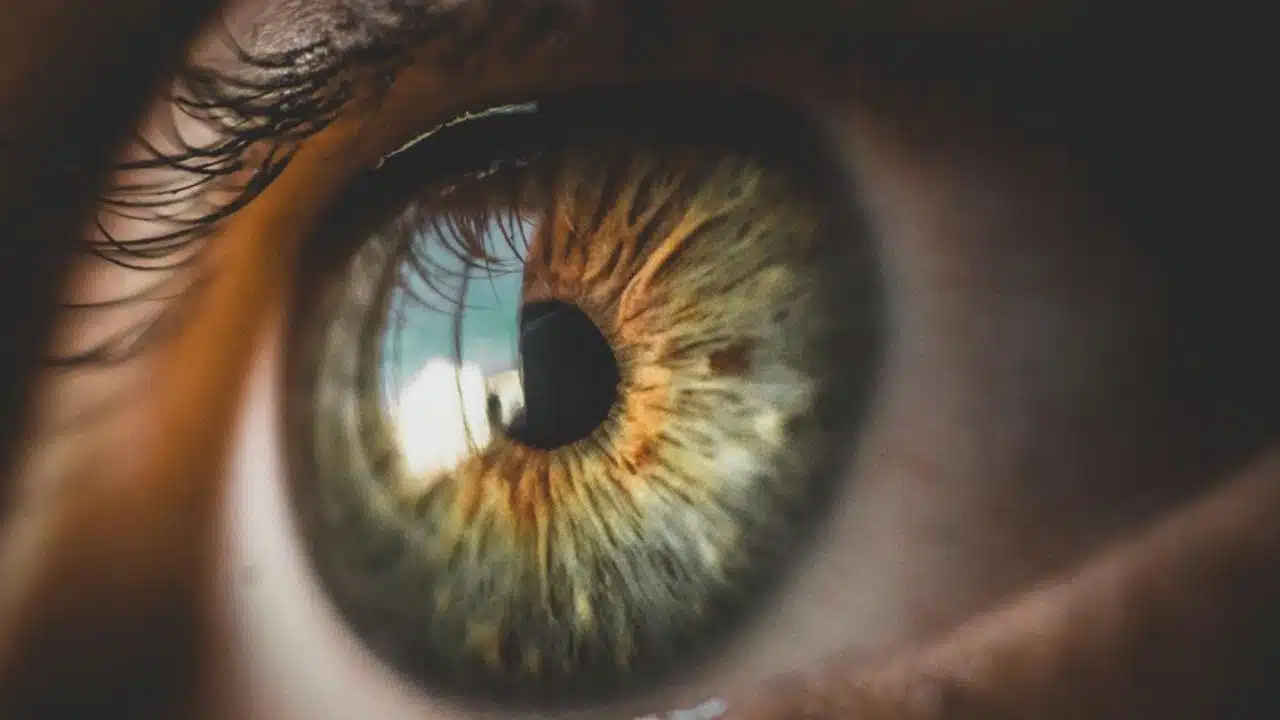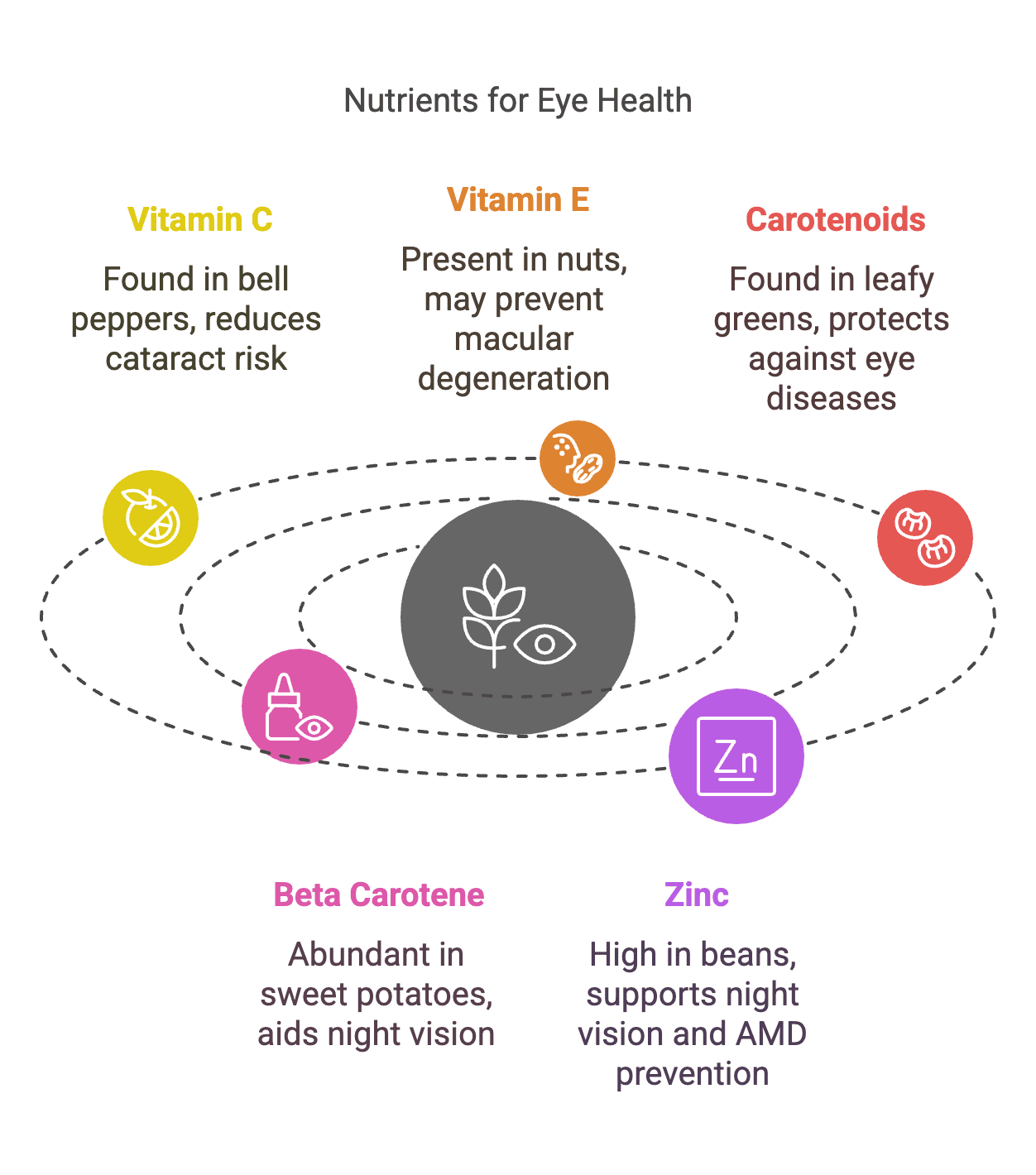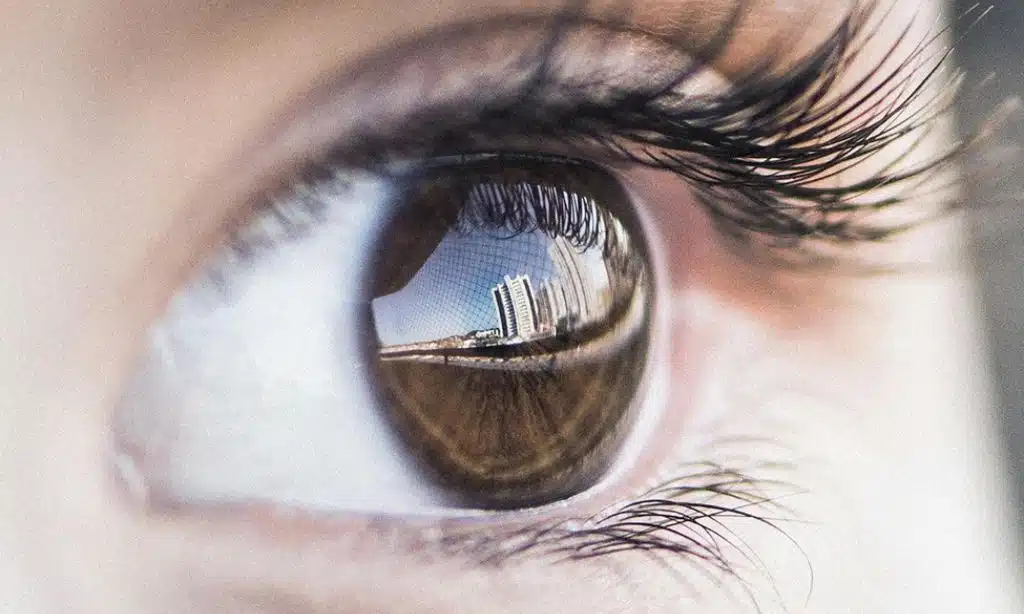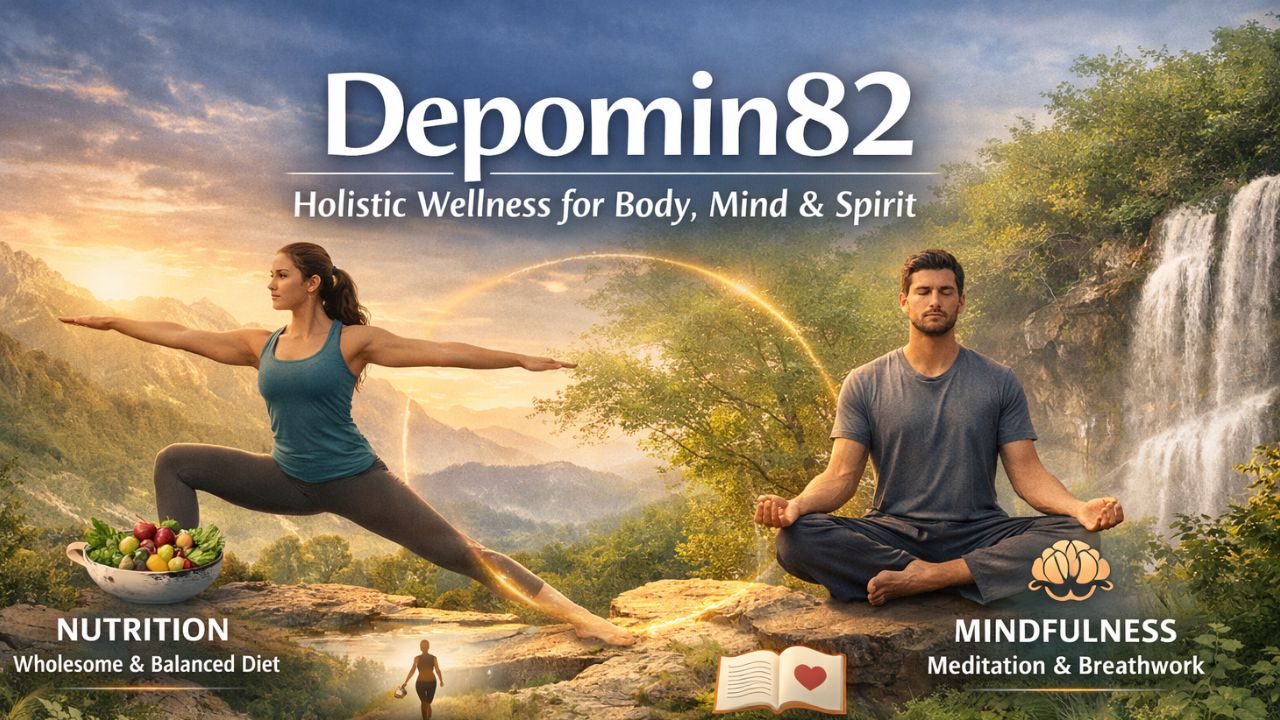Certain foods contain nutrients that keep the eye healthy; some are even found to reduce the risk of eye disease. Eating a diet low in fat and rich in fruits, vegetables, and whole grains will help your heart and your eyes. It’s not surprising that your eyes also rely on tiny arteries for oxygen and nutrients, while the heart relies on larger arteries. This article will walk you through some of the goods for your eyes and those you should avoid.
Good Foods for Your Eyes
1. Raw Red Peppers
Bell peppers have the most vitamin C per calorie. This is good for your eyes’ blood vessels, and science suggests that it will reduce your risk of cataracts. You can obtain vitamin C from many vegetables and fruits, such as bok choy, cauliflower, papayas, and strawberries. Once you consume these foods, heat will break down the vitamin C, and your body will get it in its raw form. Brightly colored peppers are also packed with eye-friendly vitamins A and E.
Click here to learn more about vitamin E supplements.
2. Sunflower Seeds and Nuts
An ounce of sunflower seeds and nuts has half the amount of vitamin E that USDA recommends every adult to have daily. This means once you take it, you only need to look for other sources to fill that half. Vitamin E, together with other nutrients, is found to stop or slow down age-related macular degeneration from getting worse. It may also reduce the risk of cataracts. Some good sources of vitamin E are hazelnuts, peanuts, and peanut butter.
3. Dark, Leafy Greens
Leafy greens like kale, spinach, and collard greens are rich in vitamins C and E. They also contain carotenoids, lutein, and zeaxanthin. These are plant-based forms of vitamin A that reduce the risk of developing long-term eye diseases like AMD and cataracts. A lot of people who eat Western diets don’t get adequate amounts of them.
4. Sweet Potatoes
Fruits and vegetables like sweet potatoes, carrots, cantaloupe, and mangoes have abundant beta carotene, a form of vitamin A that helps with night vision and the eyes’ ability to adapt and adjust to darkness. One sweet potato contains more than half the vitamin C your body needs daily and a small amount of vitamin E.
5. Beans and Legumes
If you want a vegetarian diet that has low fat and high fiber to keep your vision sharp at night and reduce AMD, chickpeas are your right option, they have high zinc content. Not only chickpeas, black-eyed peas, kidney beans, and lentils will do well. You can obtain all these benefits from a can of baked beans as well.
6. Eggs
Eggs are great food packed with many benefits. First, they contain zinc, which helps your body utilize the lutein and zeaxanthin present in the yolk. The yellow-orange color of the lutein and zeaxanthin protects harmful blue light from damaging your retina. They also increase the protective pigment in the macula, a part of your eye that controls central vision.
Worst Foods for Your Eyes
Over 250 million people suffer from mild to serious vision loss, and what you eat or drink can leave a lasting impact on not only your heart, which pumps blood but also your eyes. It’s important to do a regular eye checkup with a clinic like the Lasik NYC to schedule an appointment with a professional eye specialist. For comprehensive care and expert advice, you can also consider visiting EyeWise Vision for your eye health needs. Some of the foods considered bad for the eye include,
1. Processed Meats
Processed foods like hot dogs, bacon, and deli meats contain high sodium amounts; the salt can spike your blood pressure, which can affect your eyes, causing hypertensive retinopathy, choroidopathy, and neuropathy. It’s essential to reduce your sodium intake to 2,300 milligrams or less daily.
2. Fried Foods
Deep-fried foods that are cooked in trans fats can increase your bad cholesterol level and cause heart disease, stroke, and type II diabetes. They can also build free radicals, molecules that can damage and kill cells. This, in all, is connected to the eye, specifically leading to AMD and diabetic retinopathy. Eat fruits and vegetables filled with vitamin C, like citrus, tomatoes, and bell peppers, to fight back against these free radicals.
Visit https://blogs.bcm.edu/2023/04/25/the-truth-about-fried-food/ to learn more about fried foods.
3. Cooking Oils
Cooking oils like safflower, sunflower, corn, soybean, and sesame contain too much linoleic acid, an unsaturated fat that have a high chance of causing AMD. Ideally, experts suggest that you should use cooking oil that has less than 4 grams of saturated fat per tablespoon. Avoid using those with hydrogenated oils and trans fats.
4. Margarine
Margarine is made using vegetable oils which means it has unsaturated good fats. Although it’s better than using butter, some margarine also contains trans fats that can raise cholesterol level and increase the chance of heart disease and eye problems. The more solid a margarine is, the more trans fat it has. Rather than a stick, use the spread or liquid type. You can as well check for brands with 0 trans fat grams on their label.
5. Alcohol
Although this is not food, alcohol is consumed by many people as a drink; experts link this to heart disease. Consuming too much alcohol can increase risk of developing a lot of health conditions and cataracts at an early stage.
6. Caffeine
The caffeine you take early in the morning can raise your eyes or intraocular pressure. This pressure affects people, especially those with glaucoma or ocular hypertension. Intraocular pressure that is too high can result in loss of vision or even complete blindness.
Conclusion
A lot of foods are found to be good for the entire body, especially when taken in the right amount, while others are discovered to harm the body and are advised to best not to be eaten. Some of the foods you should put on your list of healthy foods include eggs, beans and legumes, dark leafy greens, and many more.
Others that may harm your health include processed meats, caffeine, and fried foods. To reduce your risk of developing eye problems and other health concerns, experts advise people to either entirely avoid these foods or consume them in extremely low amounts that won’t have a significant effect on your body.











































